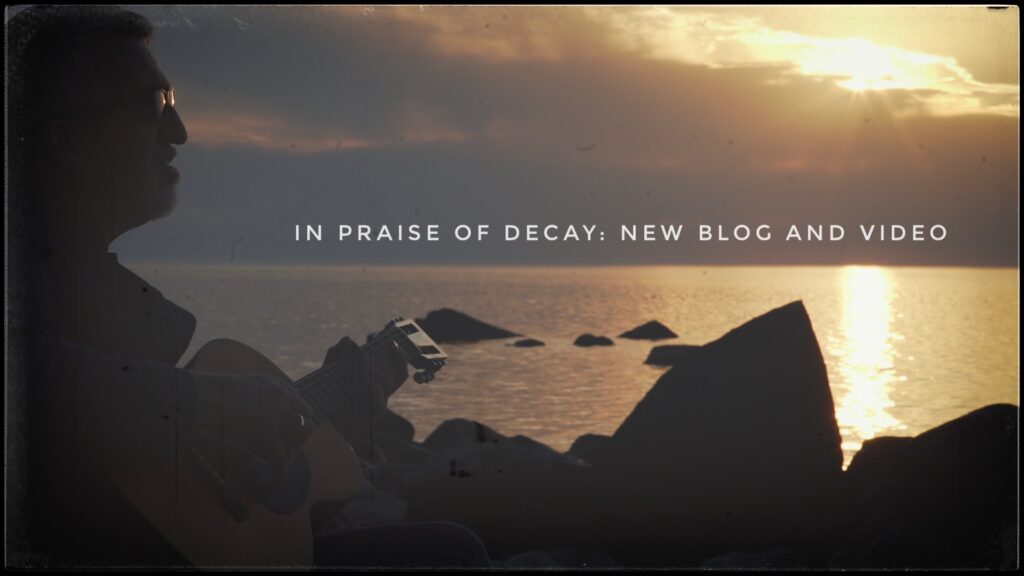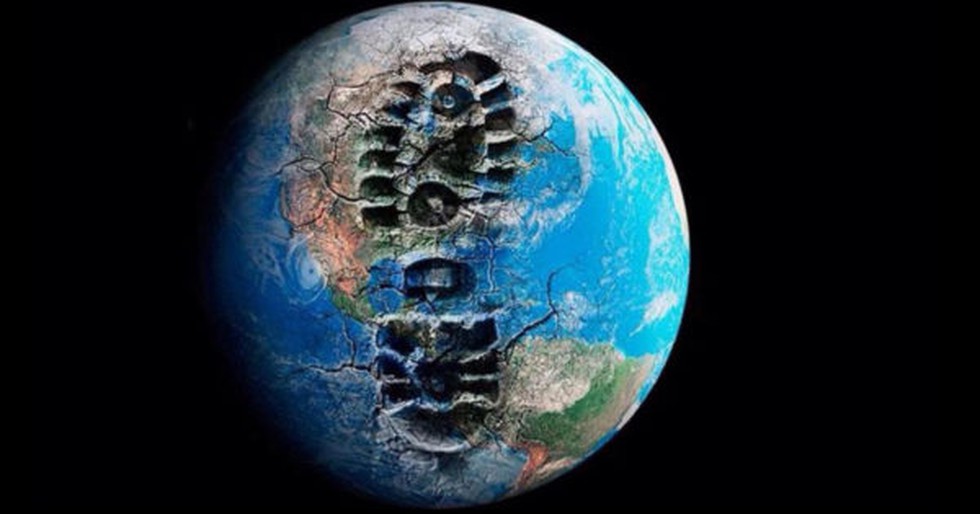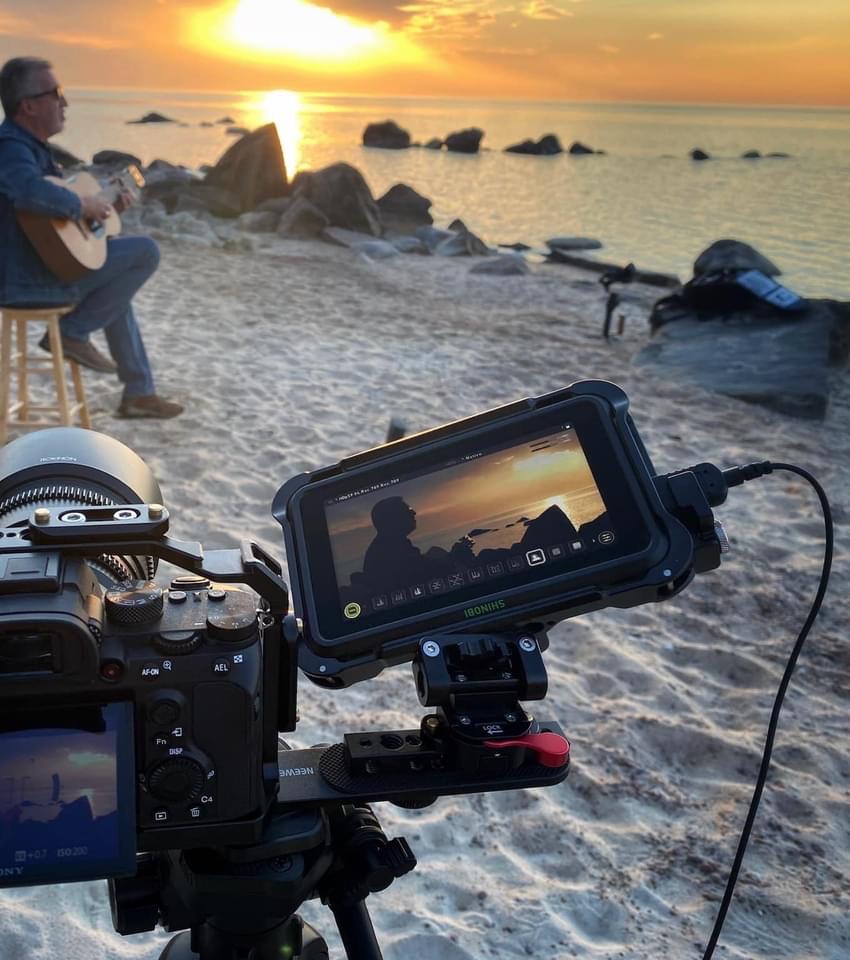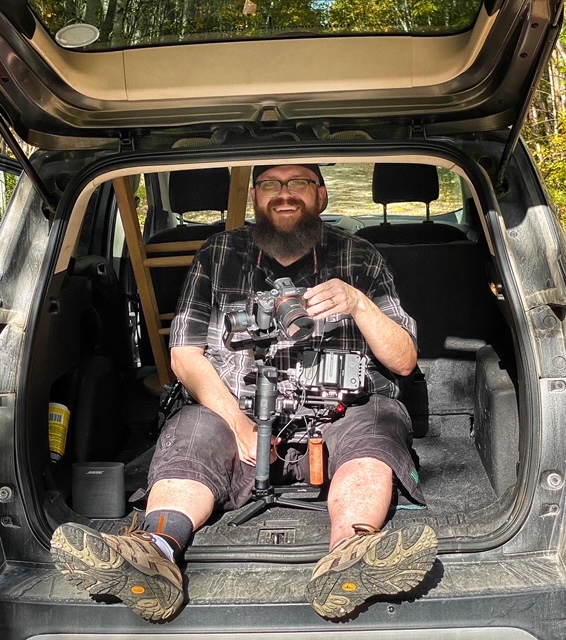
I hope you enjoy this new video we shot only a few weeks ago up at Victoria Beach, about an hour north of Winnipeg. This is our first foray into shooting a music video outdoors and I’m more than pleased with the result. I and my co-labourers at Signpost Music have been on a steep learning curve regarding video work ever since the Covid lockdown forced so many of us to pivot into a realm of communication arts we wouldn’t have otherwise chosen. The result however is that we have picked up a few new skills and capacities to which there seems to be no end of learning.
The song below, “In Praise of Decay,” is from my 2020 album Wouldn’t You Love to Know. The reflection that follows is from the booklet I put out with the album. You can view and purchase the album HERE…
Many, many thanks to my videographer Jay Johnson whose good nature, remarkable skill, and endless enthusiasm have been a godsend these past few years.
-Steve Bell
__________________________________________
The world is such a mystery because it is not simply inert matter, but a display of the inexhaustible beauty of its creator. The ecological crisis is a spiritual, not merely material, crisis. It will only be solved by a sacramental view of the world, in which the presence of a loving God is found radiant in all things.
William T. Cavanaugh | Fragile World: Ecology and the Church
Trading Mystery for Mastery
I have on my phone a video of my granddaughter, Nora, out on a walk in the woods with her dad. One minute she stops, turns her delicate face toward the sky, pauses to feel the warmth, then simply declares, “Beautiful sun!” The next minute she bends down and attends with glee to the marvel of tiny ants scurrying across the forest floor. I’ve watched the video dozens of times.
When do we lose this natural wonder? Is there any chance, in a technological age bent on bending nature to our will, that my sweet grandchild will have that same capacity for reverent wonder thirty years from now? The fact that she so naturally moves from the macro to the micro in her marvelling, displays what I believe to be the original impulse of science: that is, a desire to know what is other, not simply for its utility, but for the beauty of its being and the Being from which it emanates. When we lose that capacity, by trading mystery for mastery, our doing threatens to become our undoing.
We Make Poor Masters
Just at the point where human mastery (over nature) becomes a real possibility the world shows terrible evidence of our lack of wisdom and our lack of goodness.
Douglass John Hall | Lighten our Darkness: Toward an Indigenous Theology of the Cross
Malcolm Guite’s poem, In Praise of Decay, and the commentary that precedes it in his blog, laments the “alien excrescence” of a plastic bag he found discarded among the mottled leaves of a forest floor. Under Malcolm’s poetic pen, the plastic bag becomes a symbol of human contempt for our creaturely limits. And he contrasts that contempt with the counter-intuitive wisdom of forest trees:
“…which shed their leaves, and in that fall and letting go achieve a new grace. The leaves themselves let go of shape and color and in that change and decay become something rich and nurturing. That plastic bag will just persist in unchanging ugliness, and we who make and discard that plastic will continue to be maimed and made ugly by our accumulations, we who might have learned from the trees something about the grace of diminishment and renewal.”
Read Malcolm’s Blog: In Praise of Decay (and against plastic)
The Grace and Wisdom of Finitude
I can’t help but think again of my father’s encouragement to me to make my peace with powerlessness. Spoken in the context of his own death, he meant that there is a serenity and a grace that comes when we surrender the finite reality of our creatureliness to the care of our creator. In his own way, my father was telling me that perhaps it’s not so bad that things decay.
My song borrows heavily from both Malcolm’s blog and sonnet, which beg for a return to “older and wiser ways of living.”
In Praise of Decay
Music by Steve Bell
Lyrics by Malcolm Guite and Steve Bell
There are older ways of living
Much wiser than the ways we know
Kinder and forgiving
Of the limits we’re inclined to loathe
Native to this land that God has given us to grow
The seeds of love, the shoot of faith,
The tree of hope
In the spiral of our sinning
In the manufactured grim disgrace
Of betraying our beginnings
With viral acts of greed and waste
Planted in the midst of these bewildering displays
Lies a garden tended by a lover’s grace
Perhaps it’s not so bad that things decay
That ocean breakers ebb and flow away
That light ascends and settles at the ending of the day
That beating hearts can stop and start again.
There’s a reverence unfolding
From the secrets of the lowly, least
And the arts of better knowing
Of letting go and planting seeds
Blessed are the ones who harrow wisdom of the past
To save us from the dreadful things that last
Perhaps it’s not so bad that things decay
That ocean breakers ebb and flow away
That light ascends then settles at the ending of the day
That beating hearts can stop and start again.
Assessing the Anthropocene

An·thro·po·cene | relating to or denoting the current geological age, viewed as the period during which human activity has been the dominant influence on climate and the environment.
Scientists and theologians alike are telling us that we have transitioned to a new geological age called the Anthropocene where every earth system is now directed and driven by human activity. Norman Wirzba is a Research Professor of Theology, Ecology, and Rural Life at Duke Divinity School. He describes our unstable era:
Human power and ambition are now a primary, determining influence shaping Earth’s increasingly unpredictable future…Ranging from the cellular to the atmospheric levels, there is no place or process on Earth that does not reflect humanity’s technological prowess and its economic reach.
Wirzba: Can We Live in a World Without a Sabbath? Rethinking the human in the Anthropocene
It can be argued, of course, that the technological advancement of recent centuries has been demonstrably good. Who isn’t glad they don’t have to visit a pre-enlightenment physician or dentist? But as we seek emancipation from all that limits, discomforts and inconveniences us, we increasingly become agents of de-creation as evidenced by rising seas, mass species extinction, deforestation and desertification, catastrophic wildfires, the creation of climate refugees, global pandemic, etc.
A Christian Response
In concert with the scientific community, global Christian leaders are speaking out. Pope Benedict XVI, continuing the eco-theological work of his predecessor John Paul II wrote, “The natural environment is more than raw material to be manipulated, it is a wondrous work of the Creator, containing a ‘grammar’ which sets ends and criteria for its wise use, not its reckless exploitation.” (Benedict XVI, Caritas in Veritate)
Pope Francis, too, takes cautionary tones when he writes, “Human life is grounded in three fundamental and closely intertwined relationships: with God, with our neighbour, and with creation.” (Pope Francis, Laudato Si)
In 2008, Time Magazine named Ecumenical Patriarch Bartholomew (current head of the Eastern Orthodox Church) one of the top 100 most influential people for “defining environmentalism as a spiritual responsibility.” Bartholomew writes,
For our Orthodox Church, the protection of the environment as God’s creation is the supreme responsibility of human beings, quite apart from any material or other financial benefits that it may bring. The almighty God bequeathed this ‘very beautiful’ world (Gen. 1.26) to humanity together with the commandment to ‘serve and preserve’ it.
On Earth as in Heaven: Ecological Vision and Initiatives of Ecumenical Patriarch Bartholomew
It was Bartholomew’s predecessor, Patriarch Dimitrios, who formally established September 1st as a day for all Orthodox Christians within the jurisdiction of the Ecumenical Patriarchate to offer prayers “for the protection and preservation of the natural creation of God.” Whereas the Orthodox Church has always held prayers for the natural environment to be delivered from natural disasters, the newly established day of prayer encourages the faithful to “pray for the environment to be delivered from the abusive acts of the human inhabitants of the planet.”
A Crisis of Love
However, what we know with our heads will not motivate the changes needed to ward off the worst of the dangers we face. What we cherish in our hearts will. Ours is not a crisis of knowledge, but rather, it’s a crisis of love… the kind of gospel-soaked love that leads former Bishop of Durham, N.T. Wright, to write,
…the world is beautiful not just because it hauntingly reminds us of its creator, but also because it is pointing forward; it is designed to be filled, flooded, drenched in God, as a chalice is beautiful not least because we know what it was designed to contain or as a violin is beautiful not least because we know the music of which it is capable.
N.T. Wright | Surprised by Hope: Rethinking Heaven, The Resurrection and the Mission of the Church
In Closing
I’ll leave you with Malcolm’s sonnet that inspired the above song. You can find it in his wonderful collection Parables and Paradox: Sonnets on the Sayings of Jesus and Other Poems (Canterbury Press).
In Praise of Decay
by Malcolm Guite
So much is deadly in the shiny new,
Persistent plastic choking out our life,
The landfill of each ego’s empty stuff,
Where poison and possession still accrue.
So praise Him in the old and moldering,
In pale gold leaf-fall losing shape and edge,
In mottled compost rustling and rich,
From which the stuff of life is still unfolding.
Change and decay are what our plastic needs
To break the bleak persistence of our waste.
Pray that we learn the lost arts of our past,
The arts of letting go and sowing seeds,
That secrets of the lowly and the least
Might save us from the dreadful things that last.

